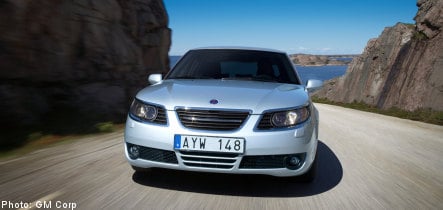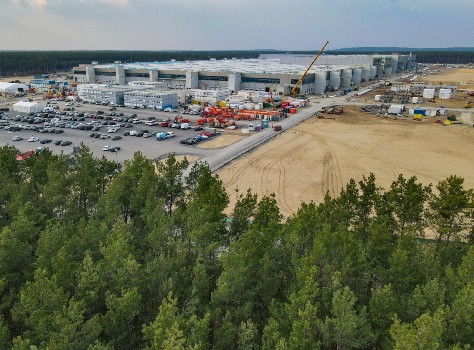“It’s still early in the process,” one GM official familiar with the proceedings told AFP.
“It’s going to take some time.”
As recently as last summer, GM chairman Richard Wagoner said the company intended to keep Saab in the GM family and re-tool its North American product line.
But as GM’s financial crisis deepened when sales collapsed this fall, GM put SAAB up for review as part of the restructuring plan it presented to Congress in early December in order to obtain $13.4 billion in loans.
GM Vice Chairman Bob Lutz recently told the trade publication Automotive News that the term strategic review is “code for ‘we realize they’re not working and something needs to be done.'”
The plans presented to Congress indicated GM was unwilling to make additional investment in Saab products.
GM put its Hummer brand up for sale back in June and so far has failed to finalize a deal, although the hulking brand has attracted some interest from potential buyers.
Paul McCarthy, a consultant with PricewaterhouseCoopers in Detroit, noted that merger and acquisition activity in the automotive sector has declined since the mid-2008.
“Everything is for sale but there haven’t been many deals,” said McCarthy, citing tight credit markets and uncertainty over the ultimate fate of GM and Chrysler as the key reasons for decline in automotive sector deals.
As part of the survival plan, GM also said it will trim its Pontiac line and review the future of Saturn.
GM bought half of Saab in 1989 and the rest of the company a decade later.
About 75 percent of the Swedish brand’s sales are in Europe.
Saab sold 21,368 vehicles in the United States in 2008, down 34.7 percent from 2007, while the overall market dropped 18 percent.
The current exchange rate between the euro and the dollar means that nearly every Swedish-built Saab sold in the United States is sold at a loss to GM, according to Automotive News.
The Swedish government has announced plans to provide up to $3.19 billion in credit guarantees and emergency loans to Saab and Volvo, which Ford Motor Co. put up for sale last month in a bid to raise additional funds.



 Please whitelist us to continue reading.
Please whitelist us to continue reading.